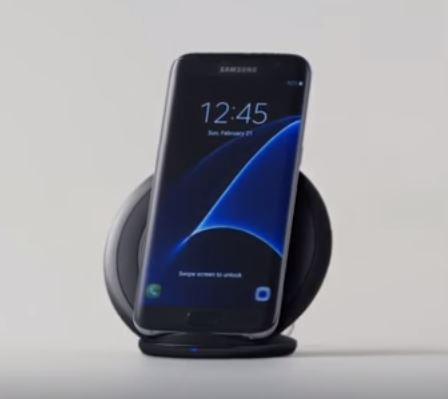Samsung Is Making Battery That Can Charge Fully In 12 Minutes

A team of researchers at the Samsung Advanced Institute of Technology (SAIT) has recently developed a "graphene ball," a unique battery material, which enables a 45% increase in capacity. The ball not only increase the capacity but it also raises the charging speeds five times faster than standard lithium-ion batteries.
According to the latest report out of Korea, Samsung has developed a new battery technology that uses graphene instead of graphite. This apparently raises the capacity of a battery without increasing the size, and it can also charge much faster than standard Lithium-ion batteries.
Up to 45 percent, more capacity can be extracted from a battery using graphene technology when compared to one using graphite. Samsung believes that these batteries can be fully charged in a matter of only 12 minutes.
One of the major problems with current smartphone batteries is that they can become very unstable when subjected to high temperatures. This leads to batteries bulging up, decreased charge holding time, and sometimes even the risk of combustion.
However, Samsung has discovered a solution for this too, with the graphene powered batteries, the stability remains intact at temperatures as high as 60 degrees. So, if these batteries enter production then it can be used for more than just smartphones.
The Samsung Advanced Institute of Technology has already applied for the patents for this technology in US and Korea, as reported by Samsung. It is expected that this technology to be available in the Samsung Galaxy S10, or the S11, as it has still not been perfected.
A safer battery with larger capacities and smaller size, which can fully charge in minutes, is what currently need in smartphones. In the research, SAIT collaborated closely with Samsung SDI also a team from Seoul National University's School of Chemical and Biological Engineering.



